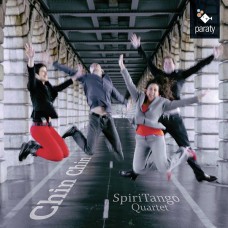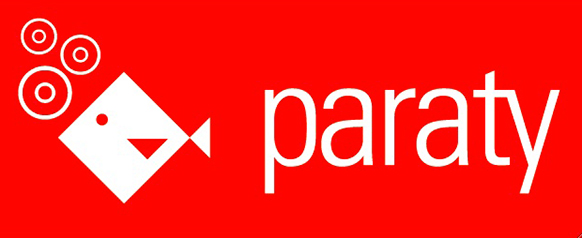您的購物車沒有添加專輯!
搜尋
皮亞佐拉:乾杯~探戈作品集 Piazzolla:Chin Chin
|
SpiriTango Quartet's first album, released in June 2013, was dedicated to the famous Astor Piazzolla. With this new recording, the quartet have chosen to draw attention to some tangos which are still unknown to the French public, and to take their first steps into the world of jazz, film and contemporary classical music. This album is also the occasion to celebrate the fourth anniversary of the group, whose energy is most evident in the track Chin Chin by Piazzolla. Astor Piazzolla (1921-92) was an infant prodigy on the bandoneon. He emigrated with his family to New York when he was only three years old, then returned to Buenos Aires in 1937. There he performed in concert, arranged other musicians' music and studied classical music under Ginastera. In 1944, he left the group Troilo to form the Orquesta del 46 which played his compositions. Ten years later, he composed a symphony for which he was awarded a scholarship. This enabled him to go and study in Paris with Nadia Boulanger, who encouraged him to write tango music. In 1955, he returned to Argentina where he founded the Octeto Buenos Aires and then the Quinteto Nuevo Tango. He moved back to Paris in 1974. Condemned at the time by the purists, Piazzolla is now considered in Argentina as the saviour of tango, which had been in decline since the 1950s. His body of work is actually the story of an adaptation and an opening out to the outside world of the traditional Argentinian genre. Later called nuevo tango, Piazzola's tango introduced fugues, chromatism, dissonance, some elements of jazz and even sometimes an extended instrumentation. His music, both in the way it is composed and performed, is constantly being reshaped and the history of its interpretation equally shows that his work is forever evolving. In this recording, the SpiriTango Quartet have made their own arrangements, based on the original quintet versions. The group has shared the guitar parts between the piano and the double bass and have also rewritten the different cadences. On this subject, one should underline the importance of the concertante treatment of Piazzolla's works. Each instrumentalist, in turn, plays solo and showcases his/her mastery of complex passages. |
|
1. Chin chin 4:58 2. Concierto 9:02 3. Escualo 4:59 4. Kicho 8:59 5. Tangata 9:57 6. Libertango 4:51 7. Abandoneado 2:52 8. El Sur 6:19 9. Chaly 4:07 10. Passage à 4 10:26 |
編號 |
曲目 |
長度 |
作詞 |
作曲 |
演奏 |
樂團 |
演唱 |
指揮 |
試聽 |
|---|


